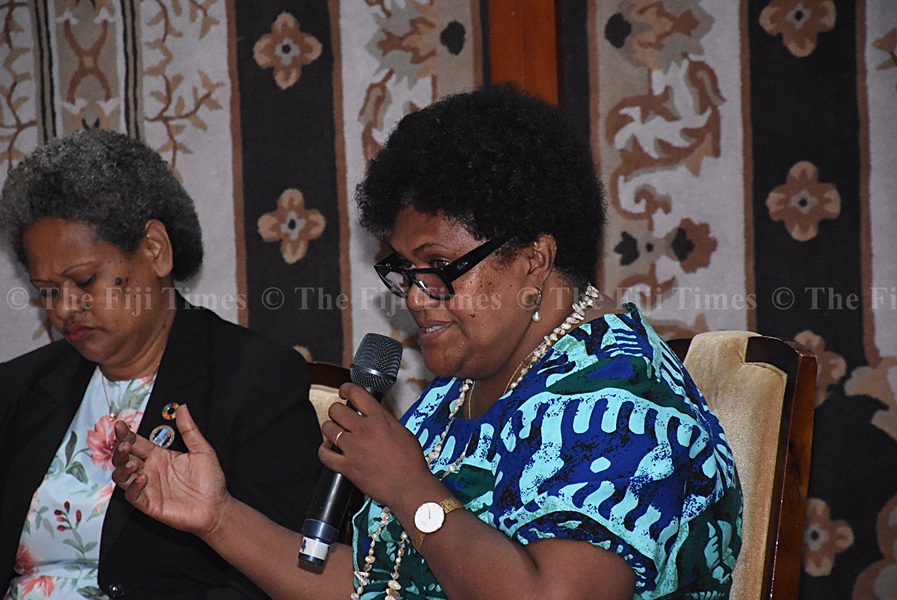Efforts to address homelessness in Fiji must include formal recognition and documentation of traditional vanua that have long provided informal housing support to urban migrants.
Senior lecturer in land management at the University of the South Pacific, Asenaca Nawaqalevu highlighted the critical but often overlooked role played by traditional landowning communities in accommodating urban populations.
“There’s a big gap in that area of research,” Ms Nawaqalevu said during the panel of Suva City Council’s Voluntary Local Review (VLR) report.
“Villages like Tamavua, Kalabu, and those in Nausori have housed people who migrated into the city, often at far less cost than formal housing options.”
She urged the Government and municipal councils to document these arrangements and integrate them into urban planning frameworks, calling it a “missing dimension” in the national housing conversation.
The concept of “vaka vanua,” which refers to traditional land governance and kinship-based housing systems, has endured for generations, Ms Nawaqalevu explained.
“This system has supported our ancestors and continues to house their descendants and many others today.”
She revealed that she is currently conducting research on Tamavua Village and how its traditional landowners have allowed urban migrants to settle on their land.
“This is something that research supports and that we all have to take into account.
“Better understanding and formalising the role of traditional communities could provide viable, culturally grounded solutions to Fiji’s growing homelessness problem.”
Ms Nawaqalevu said Fiji must go beyond policy reforms and include traditional systems, if we hope to address all of our social issues such as homelessness.



